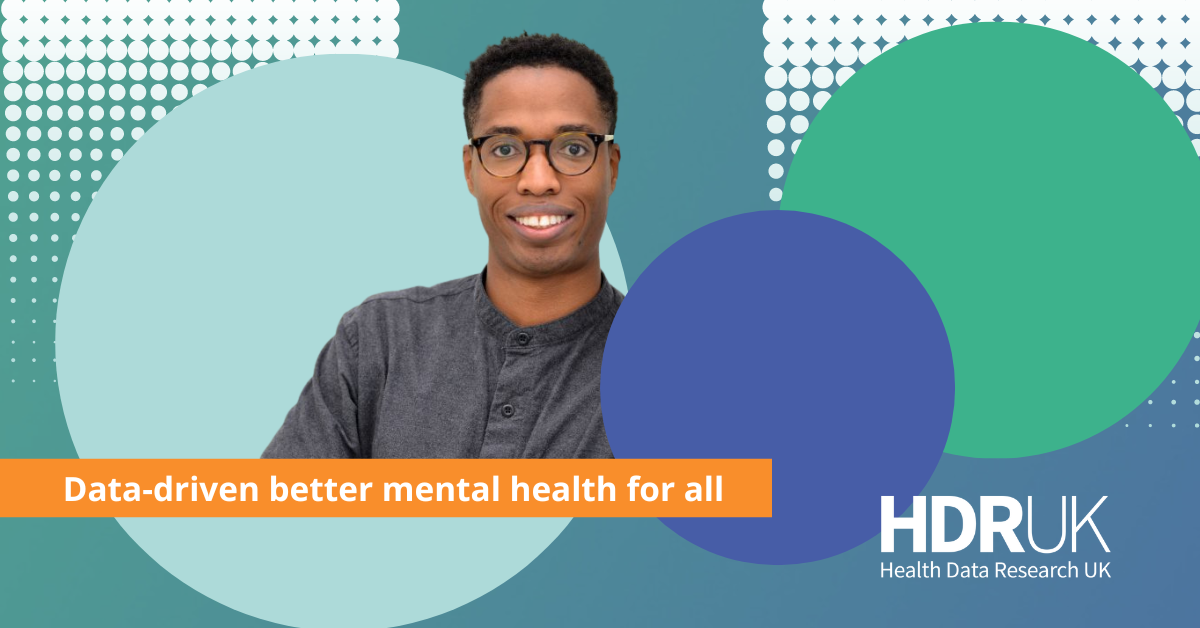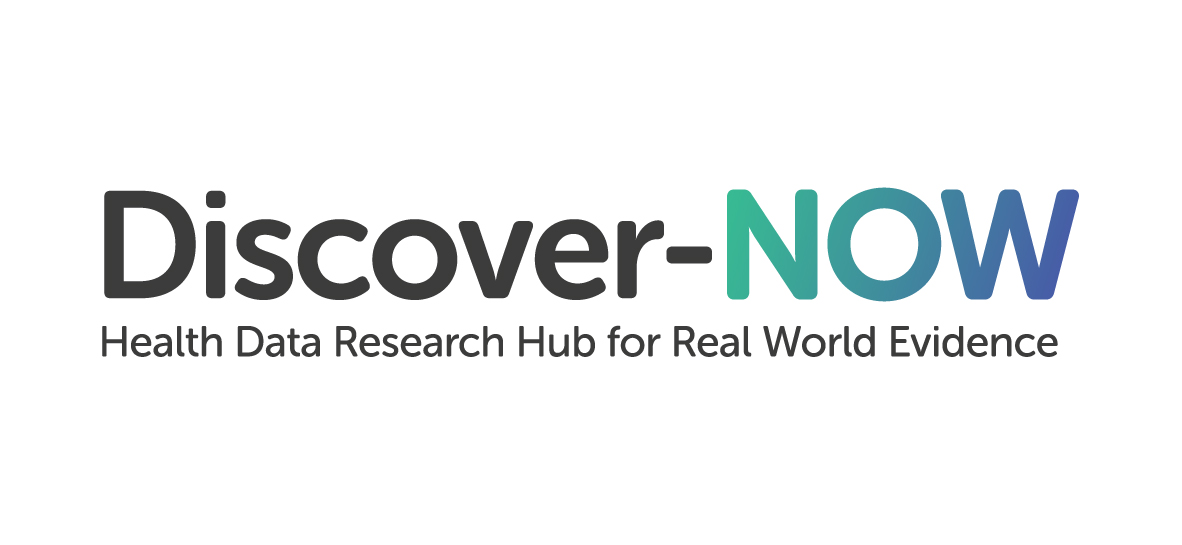How to ensure data transforms mental healthcare, for all
3 October 2022 | Author: Matthew Chisambi, Associate Director of Transformation
Matthew Chisambi, Associate Director of Transformation at Imperial College Health Partners (ICHP), reflects on how data can support reducing inequity in mental health transformation.

“That data is quite scary. It makes me think that young people are going to have to be literally at death’s door before we get seen” – Member of our Children and Young Person’s Advisory Group, 2021
The Health and Care Act 2022 tasked Integrated Care Boards (ICBs) with improving outcomes in population health and care, guided by an NHS England framework called Core20Plus5. The national approach, which aims to reduce health inequalities, is focused on improving outcomes for the 20% most deprived of the population, as identified by the national Index of Multiple Deprivation (IMD) (the Core20), across ‘5’ focus clinical areas. The ‘plus’ refers to groups identified locally as disadvantaged by inequalities, to give ICBs flexibility in their approach.
It is not surprising that severe mental illness is one of the five clinical areas identified for accelerated improvement. 1 in 4 people in England will experience a mental health problem of some kind each year (Mind), 1 in 6 children aged between 6 and 16 experienced a ‘common mental disorder’ in 2021 and alarmingly the leading cause of death for people aged 5-34 in 2020 was ‘intentional self-harm’ (Nuffield Trust). In our patch in North West London (NWL), adults in contact with mental health services is even higher than the London average – with Centre for London in 2019 reporting that Londoner’s were already more likely to suffer from mental ill-health than those outside the capital.
The national data clearly demonstrates the problem. What it doesn’t do is immediately show how this plays out for individual services, pathways or even patient groups.
The Networked Data Lab (NDL) is an innovative, collaborative network of advanced analytical teams across the UK, set up and funded by the Health Foundation. The NWL Lab comprises of ICHP, the Institute of Global Health Innovation (IGHI), Imperial College London and NWL Clinical Commissioning Group. As one of just five labs across the UK, our work provides national and local health system leaders with insights from data to take action in order to improve the UK’s health and care. By working collaboratively with partners and citizens, and focusing on the real demands of our local system, we are supporting our local Integrated Care System with quality data analysis that seeks to improve mental health care for all North West Londoners.
Data analysis that looks at the whole system
As the NWL Lab, we were commissioned by the Health Foundation to investigate the impact of the pandemic on children and young people’s access to mental health services in our area, with a view of combining our insights with those of the other four labs across the country and building a more accurate national picture. This localised approach, working with partners who are embedded in their health and care system, allows the NDL to conduct more rapid analysis which can’t be done at a national level due to the lack of available linked data. In NWL we are lucky to have access to Discover-NOW, a linked coded primary, secondary, acute, mental health, community health and social care record for over 2.5 million patients who live and are registered with a GP in NWL, with new data feeds frequently being acquired.
The Discover-NOW dataset gave us the strongest start possible to begin to understand the picture in NWL, as it demonstrates a patient’s interactions across different health and care settings. This not only gives us a much better understanding of how people use services rather than solely one aspect of care, but is vital to service transformation in mental health, as we know crises don’t always happen in mental health settings and often early detection signals are much more likely to be seen in the myriad of other care settings. Discover enabled us to analyse mental health events for children and young people across A&E and outpatient attendances, hospital admissions, GP visits and prescriptions. This allowed us to begin to build up a far more meaningful picture of exactly how COVID-19 had affected the mental health of the children and young people in our communities. Accessing this allowed us to conduct data analysis for the entire children and young person population in NWL from March 2015-September 2021, so that we could estimate the total proportion of those having mental health events.
Unsurprisingly, we found the pandemic led to more people needing and seeking formal support from mental health services than ever before, which negatively impacted access to services. We were able to confirm that regardless of age, sex, ethnicity, IMD quintile or geography, health care utilisation for mental health difficulties has increased in children and young people across NWL. But what was interesting about our data analysis, is we were able to identify parts of patient pathways where many groups had specifically found their access disrupted. High-quality data and analytics are crucial to better informing policy decisions on where services need to expand to meet need and reduce health inequalities.
Collaboration across the system and access to multiple data streams was vital to our analysis. We closely collaborated with partners across the other labs, sharing approaches to creating and processing new data sources and linkages, including information governance, and sharing learnings on fields such as SNOMED codes (a way of recording clinical information that supports data and analytics). But it was still not completely without limitations. We also needed to use publicly available data from the Office for National Statistics and data for the relevant NWL boroughs, which took additional time to source and analyse. We also weren’t able to access referrals to or data from Improving Access to Psychological Therapies (IAPT) programmes, where some patients and service users may have been referred to and as such only saw part of their access to mental health services.
Data analysis that looks at the whole person
Thanks to the data we can also identify other wider determinants and socioeconomic markers that need to be taken into account for effect care planning. Our next topic as the NWL Networked Data Lab is the investigation health inequalities for unpaid carers, which we’re currently in the early phases of. This is a group who provide invaluable and often round the clock support for family, friends and loved ones and who’s own needs can often be neglected, with 71% of carers nationally having proof physical or mental health (Mental Health Foundation). 81% of carers are providing more care since the COVID-19 pandemic began, partly due to increased needs of the person they care for (40% of carers), partly due to reduced local services (38%).
Our preliminary analysis indicates that unpaid carers in NWL are more likely than non-carers in NWL to suffer from several long-term conditions, including mental health conditions, such as anxiety and depression.
The same methodology can easily be applied to details like physical health or specific prescriptions. We know that people with a physical health problem or disability are more likely to experience a mental health problem, and vice versa – over 25% of people with a long-term health condition also have mental health problems (Mental Health Foundation). And a disproportionate number of people from lower socioeconmic backgrounds are likely to have mental health issues – children and adults living in households in the lowest 20% income bracket in are two to three times more likely to develop mental health problems than those in the highest (Mental Health Foundation).
Understanding the demographic characteristics of unpaid carers is crucial to understanding their associated health outcomes. To effectively undergo this research, how unpaid carers are recorded or coded in health data needs to improve. One limitation of our investigation so far is understanding how and where someone being an unpaid carer is coded. We’re in the process of integrating social care data from local authorities which, if successful, will allow us to more accurately identify unpaid carers, type of care and the amount of provided care – but we know there are gaps. And we’re already seeing that caring responsibilities are not always recorded in patient data in health settings.
Data analysis that looks at the whole story
Our NDL approach is to always ensure our work is underpinned by meaningful and appropriate patient and public involvement and engagement (PPIE) throughout. NDL’s PPIE work was led by our brilliant colleagues at IGHI. We believe there are three key principles that help PPIE: using mixed methods, safe and effective sessions and that it’s representative of the group you want to gain insights from. We held a workshop with 20 young people from across NWL to understand their experiences during COVID-19 and highlight priorities to research. This was followed up with a prioritisation survey, which was sent through various youth groups and charities, to help ensure seldom heard groups were reached. We set up a Young Person’s Advisory Group (YPAG), who were crucial in helping us shape and critically inform our analysis. The YPAG met several times to help interpret our statistical analysis and also fed in to a policy paper. They were invaluable in helping us make sense of some of our findings – some told us that the scale of demand for mental health services was frightening and they felt they may only be able to access care when at crisis point. They told us that times of transition were difficult and this was worsened by the pandemic when everything changed. Read more about our PPIE approach.
PPIE, high-quality data and analytics are crucial not only in improving our mental health services but to better informing policy decisions on where services need to expand to meet need and reduce health inequalities. But to achieve quality data, we need to ensure we are looking at the whole person, collaborating across systems to ensure our datasets reflect this and continuing to work with our communities to design services.
To find out more about our work as the NWL Networked Data Lab, or if you’re interested in hearing more about our next topic (health outcomes for unpaid carers) please get in touch with emma.sharpe-jones@imperialcollegehealthpartners.com.


